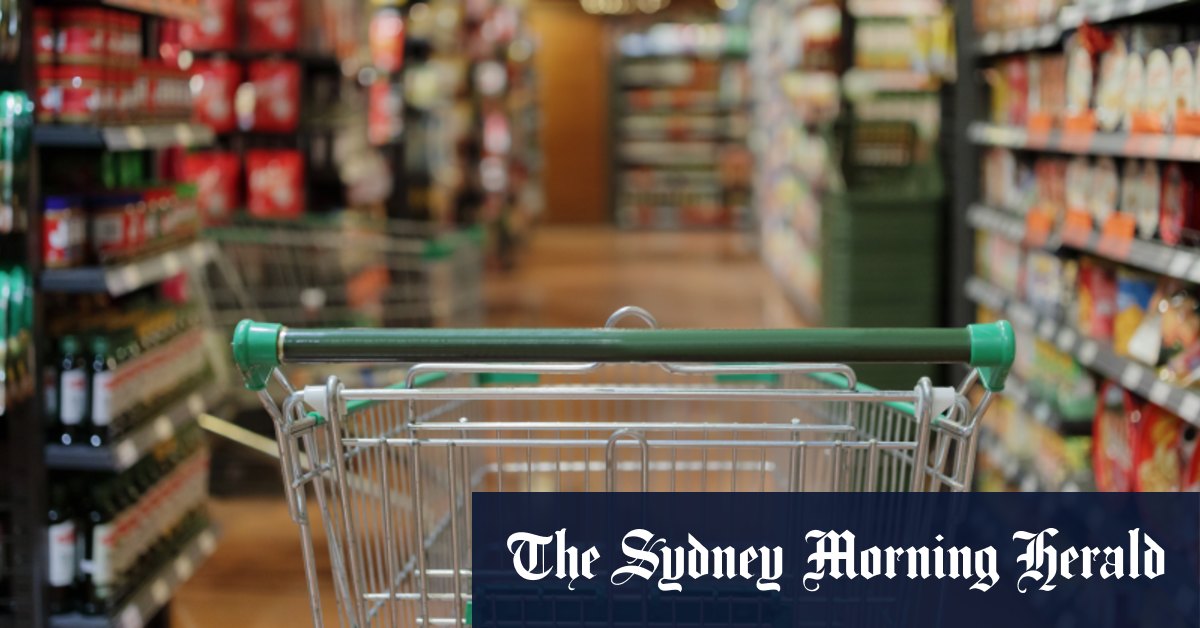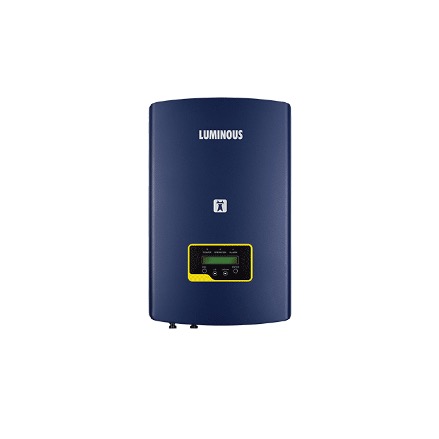Barden said another factor was labour and skill shortages in everything from horticulture to manufacturing was putting upward pressure on wages.
Barden said prices would probably increase again in the June quarter because costs were continuing to rise, and not all of that had been passed on to the customer.
“Pandemic purchasing, or bulk-buying, was particularly popular during lockdowns.”
Trent Rigby, retail analyst
“It is the most complicated, unprecedented set of cost drivers that the industry has ever faced,” Barden said.
“When I look back over the last decade, we saw the input costs had risen by 50 per cent over the decade, and wholesale prices had only risen by 25 per cent.
“So manufacturing businesses had already been absorbing a lot of cost, and now it’s got to a tipping point where they really need to be able to pass some of that on to remain viable.”
A nationally representative survey of 1005 Australians found nearly two in three are worried about the increase in prices for food and groceries. The survey, commissioned by comparison site Savvy, found 48 per cent of people planned to buy fewer groceries as a result, and 56 per cent planned to switch to cheaper brands.
Retail analyst Trent Rigby, the co-director of consultancy Retail Oasis, said: “The inflationary pressures on supermarkets are some of the worst we’ve ever seen, and it’s likely only the beginning.”
Rigby predicted supermarkets would respond by doing fewer price specials or discounts, and instead push cheaper alternatives such as private label and home-brand products, and bulk-size goods that are cheaper because of economies of scale.
Coles has taken a leaf out of the Costco playbook, and is marketing a range of 44 supersized items. For example, customers can now buy Bega Peanut Butter in a 2 kilogram tub at a 48 per cent saving, and Milo in a 1.32 kilogram tin at a 46 per cent saving.
Costco charges an annual membership that entitles customers to shop, and it carries about 37,000 different product lines with a specialty in bulk sizes. It is still relatively new in Australia, with only 13 stores.
Rigby said the Coles range was limited, and probably a way to test the concept, but the COVID-19 pandemic had made consumers more comfortable with bulk buying.
Loading
“Pandemic purchasing, or bulk-buying, was particularly popular during lockdowns,” Rigby said. “On average they say it takes 66 days for a new behaviour to become a habit. In Sydney last year, we spent 107 days in lockdown, or 29 per cent of the year, and Melbourne was even longer – 124 days or 34 per cent of the year.”
However, he said a Coles supermarket couldn’t stock as big a range of bulk items as a warehouse-sized Costco, so the move could backfire by giving its customers a taste for bulk buying that they then satisfy elsewhere.
Stay connected with us on social media platform for instant update click here to join our Twitter, & Facebook
We are now on Telegram. Click here to join our channel (@TechiUpdate) and stay updated with the latest Technology headlines.
For all the latest Education News Click Here
For the latest news and updates, follow us on Google News.






